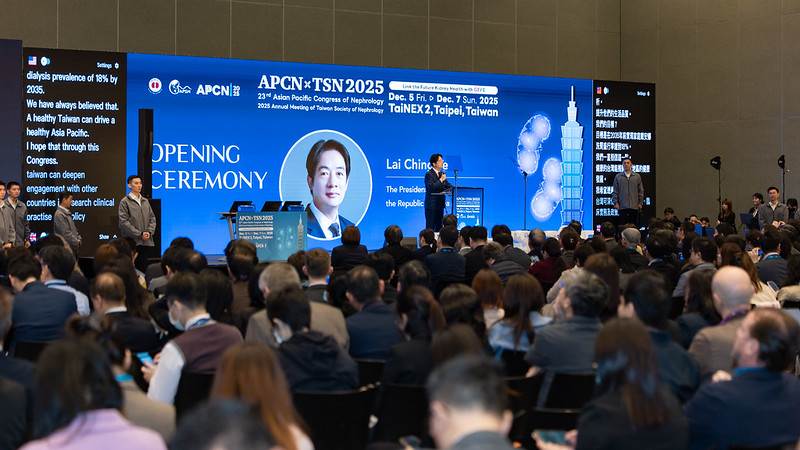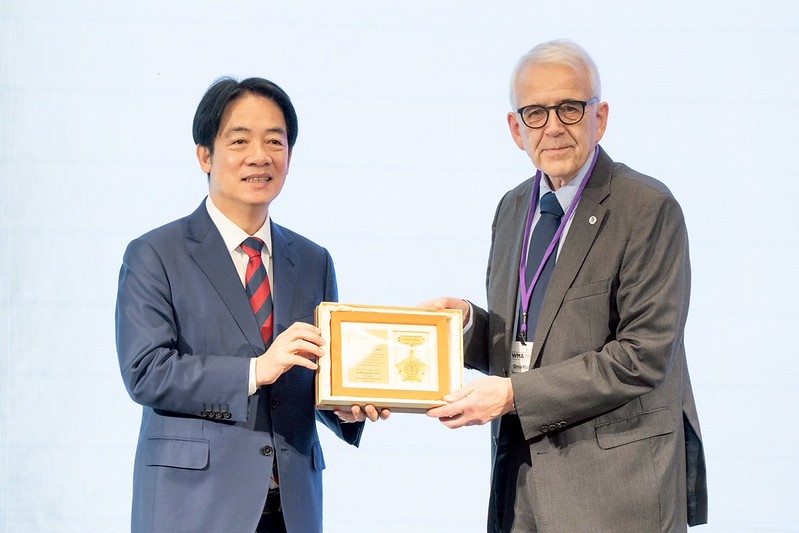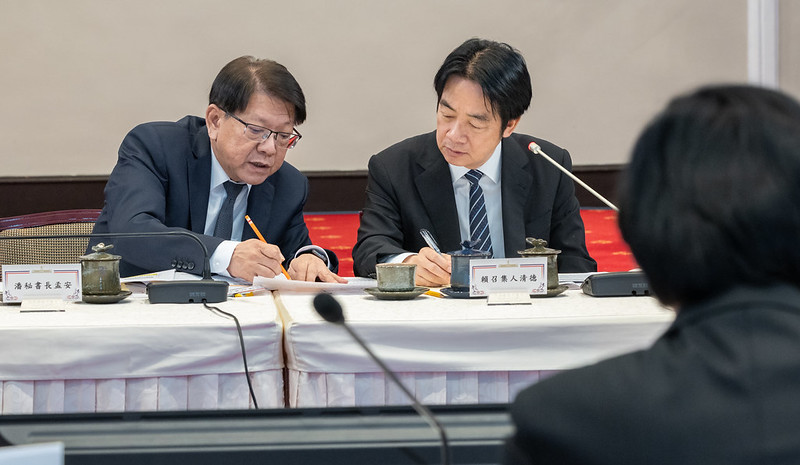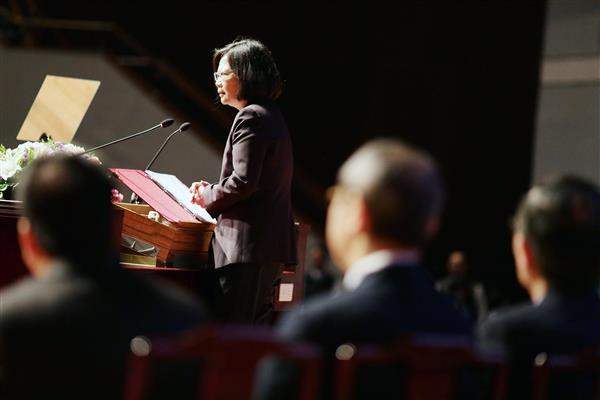News & activities
 News releases
News releases
On the afternoon of November 4, President Tsai Ing-wen attended the Annual Congress of the Asia-Pacific Association for Gynecologic Endoscopy and Minimally Invasive Therapy (APAGE) and the Taiwan Association for Minimally Invasive Gynecology (TAMIG) (2016 APAGE & TAMIG Annual Congress).
A transcript of the president's remarks follows:
Dr. Yeh Guang-Perng (葉光芃), President of Congress and TAMIG;
Professor Lee Chyi-Long (李奇龍), APAGE's Founding Board Member and Chairman of Board of Trustees;
Ladies and Gentlemen,
Good afternoon.
After seven years, we are pleased that the APAGE and TAMIG Annual Congress has returned to Taiwan.
This is a major event in gynecology and minimally-invasive therapy, bringing together leading scholars from across the globe. As President of this country, I am pleased to say: Welcome to Taiwan. Welcome, everybody.
The fact that global leaders in the field have come to share their experience testifies to the hard work that our two host associations have put in for many years, and the respect and influence they command.
Medical technology goes through a long process, from research and experiments to clinical treatment. This process is made possible by the involvement of countless people who discuss and exchange ideas.
This congress itself is a meaningful occasion for exchange. It will deepen our understanding of minimally-invasive gynecology, and will advance both technology and knowledge. We are proud that Taiwan is hosting this important occasion.
All of you operate at the cutting-edge, and minimally-invasive treatment has clearly become a new trend in gynecology. It means smaller wounds from surgery, less pain, and faster recovery. It also allows doctors to perform much more difficult and complex operations.
Taiwan is actively responding to this trend by establishing new training centers. For instance, the Linkou Chang Gung Memorial Hospital and the China Medical University Hospital have both been certified by APAGE.
They provide training in the latest technology—not just to Taiwanese doctors, but also to doctors in the wider Asia-Pacific region. Like we have done elsewhere, Taiwan is ready to do more to cultivate gynecology talent in the world.
Naturally, as the field of minimally-invasive treatment grows, it will spur demand for medical equipment and talent. This is a growing market. So we are joining forces with universities and technical colleges to train the next generation of leaders in female reproductive health.
At the same time, one of the 5+2 industrial innovation projects we are promoting here is the biomedical project, and the minimally-invasive treatment will certainly be a big focus within that.
As we work on this, we will actively connect with the international community and their efforts on this front. After all, these are challenges for the whole world: to improve female reproductive health, to make treatment less invasive, and to advance medicine in general. If countries can help one another and work together, we will surely make greater and faster progress.
I know that today, at this conference, there are many physicians and researchers from Southeast and South Asia. It is our pleasure to have you here.
Taiwan has always had close medical exchanges with South and Southeast Asia, and we will continue to share resources with you, and to build a more robust partnership with you.
In Taiwan, we are proud of the capabilities in our medical research and technology. We will and are willing to share these resources, and to work with the world's experts to bring better medical support to people everywhere.
This congress will surely be a big step forward, sparking greater exchanges and perhaps collaboration projects as well. We look forward to seeing the results.
Finally, have a fantastic congress, everybody. Thank you.









